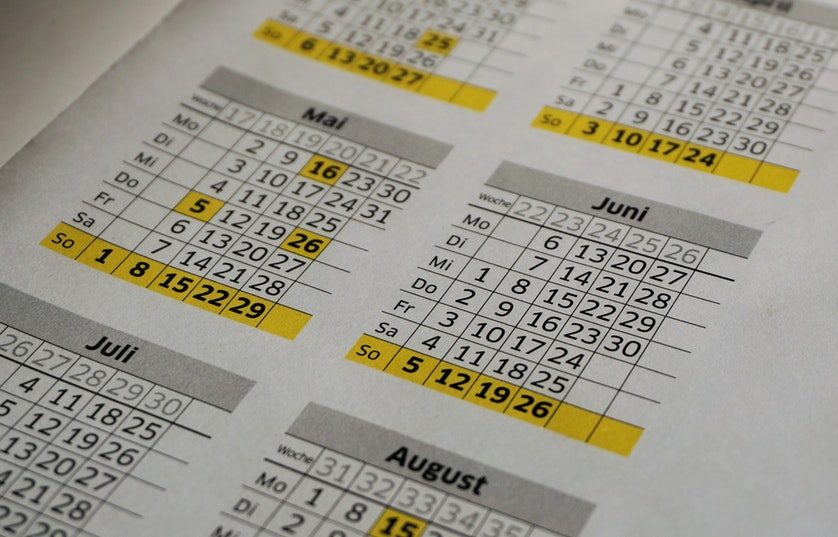Learning French takes time, dedication and persistence. The Museum of Knowledge enables students to learn French through various immersion techniques. There are two options for language leaning on the Museum of Knowledge platform. Firstly the students need to determine their language level; intermediate or advanced.
The advanced language-learning programme for French is tailored towards business professionals and specific to certain industries. These industries include, Technology, Retail, Sales and Marketing, Hospitality Travel and Leisure and Fashion. French language learners will be able to take advantage of the wide vocabulary and terminology used for these industries and also perfect their skills to an advanced level.
Intermediate French language learners can make real progress with Museum of Knowledge language learning modules, advancing from the beginner’s level to intermediate level. French language learners will be able to grasp vocabulary that will improve their social skills and increase their confidence. Topics include travel, personal introductions and shopping.
Once students have selected the correct level, intermediate or advanced, they will be able to perfect their key skills of reading, writing, listening and speaking. Combined with the rich vocabulary and sentence construction they will have access to throughout the language modules, French language learners following the Museum of Knowledge programme will be able to learn French and improve their verbal communication skills.




